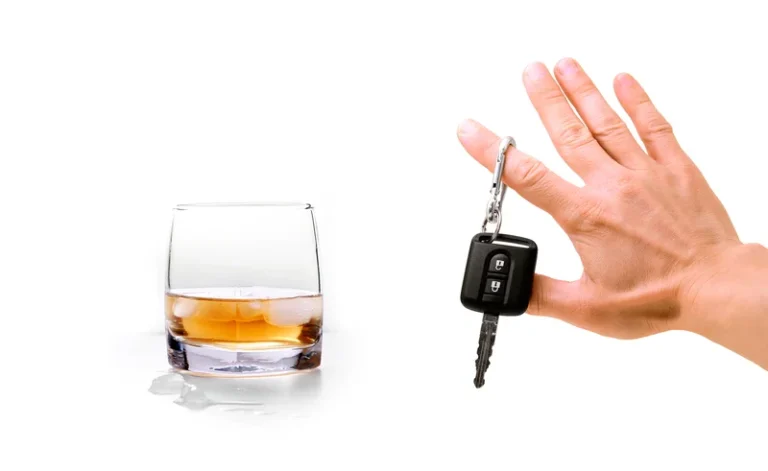In the end, solving a drinking problem isn’t solely about the absence of substances, but rather a complete overhaul of your lifestyle and behaviors. It’s essential to find new healthy habits that fuel your soul and give you a new purpose. Anger is an emotion that varies from person to person and adapts to different situations. A cognitive, behavioral, and physical reaction to it happens all at once.
Alcohol use disorder
The co-treatment of alcohol recovery and anger management can be a very individualized process that may change according to your needs. Your treatment will depend on the role alcohol plays in your life and how present anger is during your everyday lived experience. According to a review from 2017, alcohol is more likely to cause personality shifts related to negative emotions, but that doesn’t mean anger is the most common emotional experience while drinking.
Anger Management And Alcohol Addiction
The study found that alcohol withdrawal symptoms were a moderating factor impacting prazosin efficacy in improving drinking outcomes over 12 weeks; that is, prazosin treatment benefit was determined by the presence of alcohol withdrawal symptoms at treatment entry. However, they also underscore the need to pursue further research to identify behavioral and pharmacologic strategies to prevent and treat chronic alcohol effects on stress pathophysiology in AUD. Section 1.1 outlined a number of direct and indirect mechanisms https://ecosoberhouse.com/ that describe how anger and related emotions may be related to alcohol consumption and relapse after alcohol dependence treatment. Initial support for alcohol-adapted anger management treatment suggests that clinicians and researchers may have an additional intervention to address anger-alcohol associations. Clinically, not all alcohol-involved clients accept the philosophies and approaches of AA and other mutual-help groups. AM may be a particularly relevant tool for such anger- and alcohol-involved clients.
Psychological “Baggage” and Social Influence
Addressing both anger and drinking is crucial, with professional help highly recommended. This technique is simple yet effective for when anger starts to feel overwhelming. This will give your brain time to regain its rational thinking and assess the full situation before reacting. You can always count again if you don’t feel ready to move forward yet. The problem is when someone gets stuck in this step and ignores the situation.
Others have documented the relationship between alcohol consumption and violence toward intimate partners (e.g., Lisco, Parrott, & Tharp, 2012) and sexual minorities (e.g., Parrott, Peterson, & Bakeman, 2011). Anger, alcohol, and aggression relationships have been demonstrated in various laboratory paradigms where those high on trait anger and aggressiveness tend to engage in greater aggression when provoked and under the influence of alcohol (Miller, Parrott, & Giancola, 2009). Anger, either additively or in interaction with alcohol, was related to increases in negative anger- and alcohol-consequences (Leibsohn et al., 1994).
- Alcohol consumption reduces negative emotional states, including anger, and is negatively reinforcing via tension reduction (Sher & Levenson, 1982).
- By understanding how alcohol abuse influences your mood, you can learn to make positive choices instead of ones you may regret.
- An aggressive drunk may make poor decisions that lead to worse scenarios.
- Have family members or others mentioned concerns about your alcohol consumption?
- The first session addressed increasing awareness of anger triggers and angry feelings, whereas the second focused on calming self-talk and problem-solving for angering situations.
Time after treatment (months 1 through 6) was modeled as a continuous variable. In line with this, using a sample of 85 countries, Weiss et al. (2018) reported no association between alcohol consumption level and homicide rates; however, they found a positive association between hazardous drinking pattern and homicide rates. Contrary to this, a cross-sectional analysis of data from alcoholism and anger 83 countries that controlled for several possible covariates reported that countries with riskier drinking patterns did not have higher homicide rates compared to countries with less risky drinking patterns. The most self-evident way to stop being an angry drinker is to quit drinking altogether. By ending alcohol misuse, you can make positive decisions with a clear outlook.
Why does alcohol make some people angry?
Chronic alcohol intake increases the metabolites of serotonin in the raphe nuclei area, however reduces 5-HT2A protein levels in the mice cortex, indicating reduced serotonergic activity (Popova et al., 2020). Acute alcohol intake reduces tryptophan availability to the brain (non-aggressive), which leads to a decrease in serotonin synthesis and turnover, about 25% of the concentration of tryptophan following an oral intake of alcohol (Badawy et al., 1995). Hence, it is probable that in the aggressive brain, the drop in brain serotonin synthesis might even be greater (40–60%) during moderate intake of alcohol (Badawy, 2003). However, the inconsistent findings of serotonin markers in brain imaging studies of alcoholics suggest that comorbidity of AUD with other psychiatric disorders may complicate the serotonin hypothesis in real life. In addition, even individual differences in personality traits determine the types of emotion affected by the depletion of serotonin (Kanen et al., 2021).
Drinking cocktails that include energy drinks should be considered a possible factor for aggressive behavior as well. Researchers surveyed 175 young adults who mixed alcohol with caffeinated energy drinks about their verbal and physical aggression in bar conflicts. Results showed enough escalation in people consuming these drinks to label the beverages a “potential risk” to increased hostility. “Trait anger” refers to a person’s general tendency to experience chronic anger over time.
Increased likelihood of expressing anger while intoxicated
The study included 67 undergraduate men who were currently dating someone. Intimate partner violence is of great concern when it comes to alcohol and anger. Violence can occur in marriages, long-term partnerships, and dating relationships. People who tend to ignore the future consequences of their behavior, or score low on the Consideration of Future Consequences (CFC) scale, have been found to display more aggression.
How Alcohol Affects Anger and Aggression
They were also required to respond to the Consideration of Future Consequence Scale (CFC). It was found that those scoring lower became significantly more aggressive than those who had higher ratings on the CFC. The findings were explained by emphasizing that concern for the future involves greater prefrontal cortex resources that help inhibit the excessive impact of alcohol.





Leave A Comment